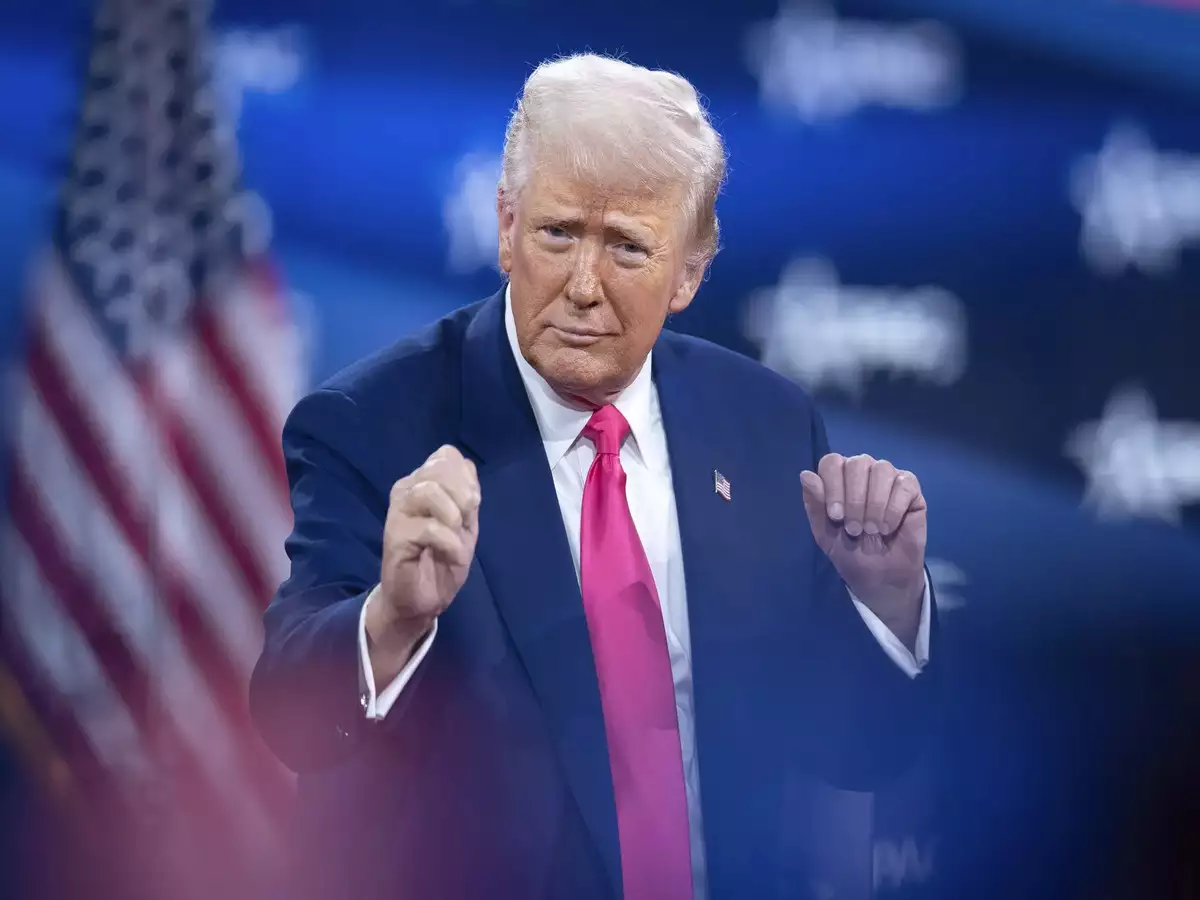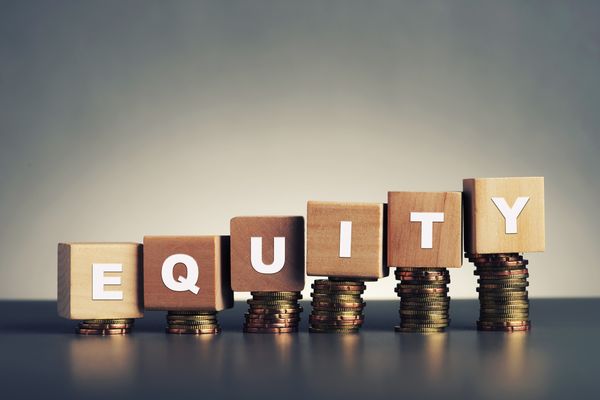Trump's proposed visa program aims to attract rich investors

February 27, 2025
Former President Donald Trump has reignited the debate over U.S. immigration policies with his latest proposal—a $million “Gold Card” visa designed to attract high-net-worth foreign investors. This initiative offers a fast-tracked residency in exchange for substantial financial contributions to key U.S. industries.
While proponents argue that the policy could inject billions into the U.S. economy, critics say it prioritizes the wealthy over skilled immigrants and raises ethical concerns about selling residency. This article explores the details of the "Gold Card" visa, its economic impact, comparisons with existing programs, political reactions, and potential roadblocks.
Chapter 1: Understanding Trump’s $Million "Gold Card" Visa How the Program WorksThe EB-Immigrant Investor Program, introduced in 1990, allows foreign nationals to obtain U.S. green cards by investing in American businesses. However, it comes with the following conditions:
Trump’s proposal eliminates the job creation requirement, making it more attractive for passive investors. However, the higher investment threshold may limit accessibility to only the ultra-rich.
Chapter 3: Economic and Market Impact Projected Financial GainsThe proposed "Gold Card" visa could generate billions in foreign direct investment by attracting wealthy individuals looking for stable residency options.
Several countries have golden visa programs similar to Trump’s proposal:
The success of these programs suggests that a well-structured "Gold Card" visa could provide significant economic advantages to the U.S.
Chapter 4: Political and Social Reactions Supporters’ ViewpointsOpposition comes from Democrats, immigration activists, and labor unions, who argue that:

Stock Market Gains as Interest Rates Drop
As interest rates fall, investors are finding new stock opportunities. Experts suggest this trend could drive market growth in key sectors

How U.S. Investment Policies Are Evolving in 2024 and Beyond
U.S. investment policies are undergoing major changes, impacting businesses, investors, and financial markets. Learn about key updates shaping the future of investments.

The Influence of U.S. Government Regulations on Investment Strategies
U.S. government regulations significantly shape investment strategies. This article explores how recent changes in policy impact businesses, investors, and financial markets

How U.S. Policy Shifts Influence Investment Approaches
U.S. investment strategies must evolve as government policies shift. This article explores how investors can adapt to changes in regulations and market conditions.

How Regulatory Evasion is Shaping Modern Investment Strategies
As companies and financial markets increasingly challenge regulations, investors must adapt to new risks and opportunities in this evolving economic landscape

How U.S. Tax Laws Influence Investment Strategies
U.S. tax laws play a crucial role in shaping investment decisions. This article explores how changes in tax policies impact investor behavior, asset allocation, and financial outcomes.

How U.S. Investment Regulations Influence Stock Market Movements
U.S. investment regulations play a crucial role in shaping stock market trends. This article explores the impact of regulatory changes on investor behavior, market volatility, and long-term market outlook

Market Strength, Innovation, and Growth Drive U.S. Stocks
U.S. equities continue to outperform, driven by strong earnings, economic resilience, and innovation. Investors remain bullish on long-term market growth

Strategic Equity Insights for Navigating Market Volatility
The stock market remains uncertain amid economic shifts. Systematic equity strategies provide a data-driven approach to managing risk and optimizing returns
The Atlantic Daily
Get our guide to the day’s biggest news and ideas, delivered to your inbox every weekday and Sunday mornings. See more newsletters
.webp)
Ideas That Matter
Subscribe and support more than 160 years of independent journalism.
Subscribe